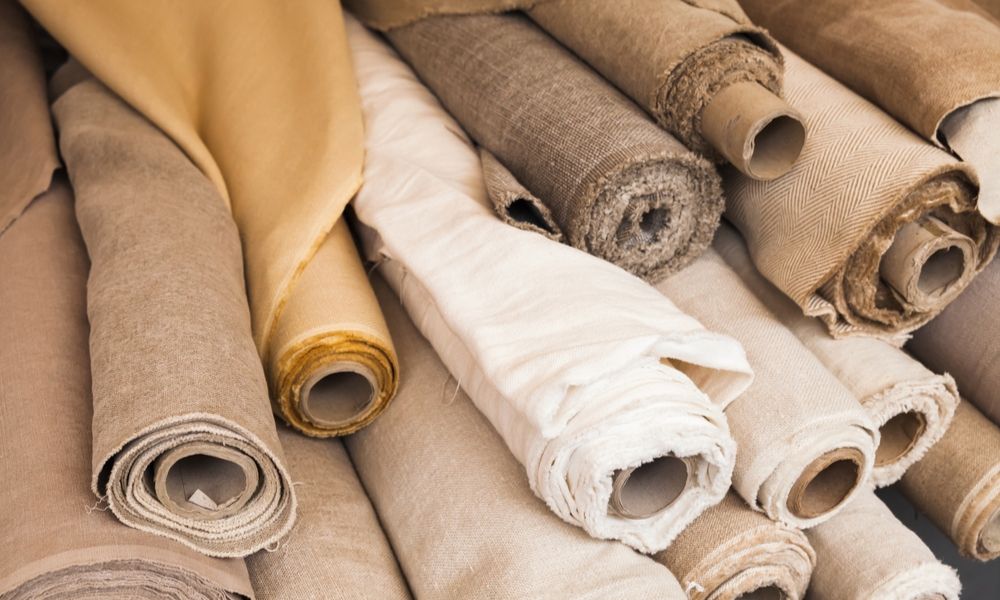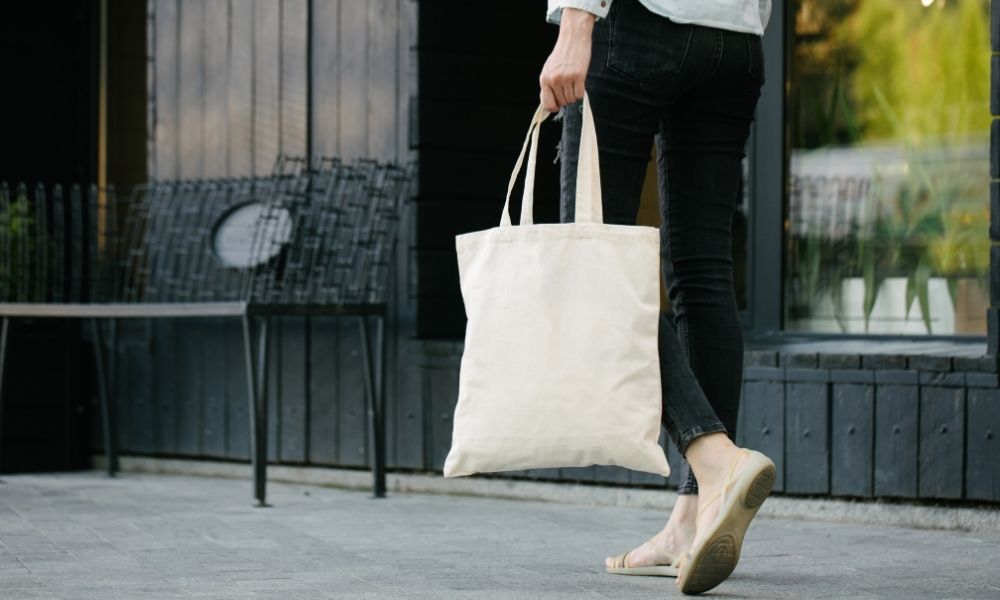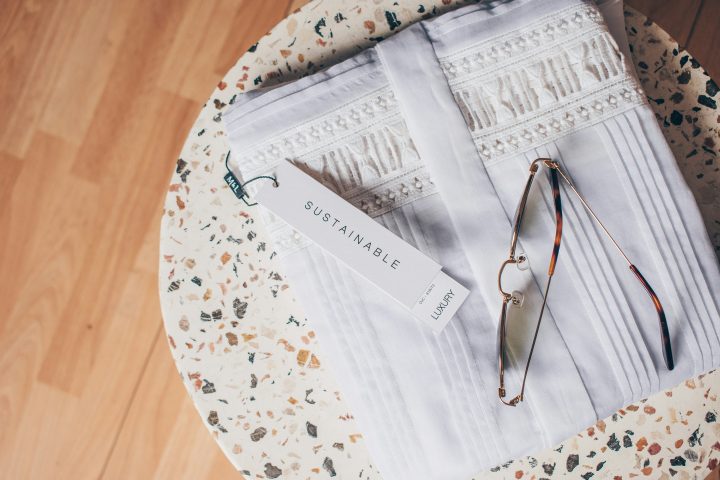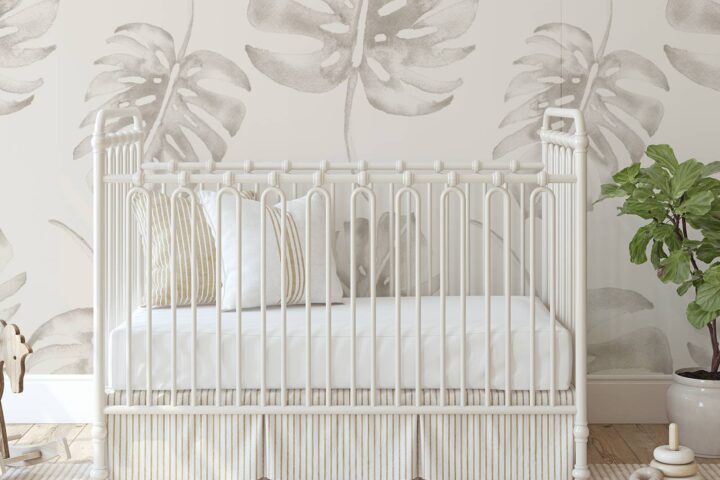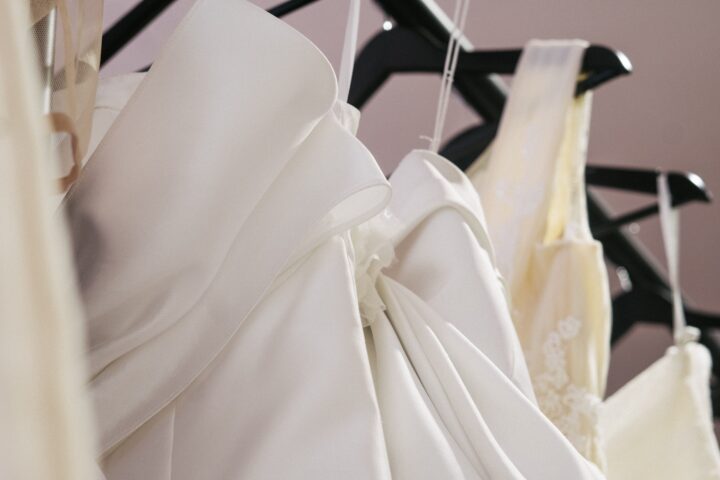When purchasing clothing, most people consider various factors such as style, cost, and quality. One factor that tends to slip many people’s minds, however, is sustainability. Everything we purchase impacts our environment. As such, seeking out ethical clothing options can have several benefits such as reduced air, water, and soil contamination. One way to improve your sustainable shopping habits is to check the label on your clothing to see what it’s made from. If it’s made of these most-ethical fabrics, it’s likely an environmentally-friendly choice.
Organic cotton
Not to be confused with conventional cotton, organic cotton is an extremely sustainable fabric choice. Unlike conventional cotton, organic cotton doesn’t require extensive amounts of water, chemicals, or pesticides to produce. As a bonus, because organic cotton is a natural fiber, it’s very comfortable and breathable to wear.
Piñatex
To enjoy the appearance of leather without contributing to cruel animal practices, Piñatex is a great fabric alternative. This vegan leather option is created from pineapple leaf fiber, making it both a natural and sustainable option. Plus, because it is created from a pineapple by-product, Piñatex also helps decrease food waste.
Hemp
Hemp is one of the oldest textiles known to man. However, it only recently became a widely-popular clothing option. Hemp is an extremely environmentally-friendly crop. Not only does it require less space and water to grow than most plants, it also doesn’t require any pesticides. In addition, hemp helps purify the soil it grows in by absorbing toxic materials. If you need more reasons to wear hemp clothing, it’s also very breathable, absorbent, and comfortable to wear.
Organic linen
Like hemp, linen is produced from a sustainable plant that has been grown for centuries. Organic linen is produced from the flax plant which requires minimal water and pesticides to grow. Another sustainable benefit of linen is that the entire flax plant is used to produce the fabric, which means there is zero waste. Aside from the environmental benefits, organic linen is also absorbent and naturally moth-resistant. Sondeflor has a wide rang of high-quality linen clothing for nature and peace lovers.
Reclaimed or recycled fabric
Even if a fabric wasn’t initially the eco-friendliest option on the market, reclaiming or recycling fabric gives it a second chance at sustainability. By recycling fabric, the materials are broken down and used to create a new fabric. Reclaimed fabric, on the other hand, uses leftover materials from manufacturers that would have otherwise gone unused. Such fabric can be bought secondhand to prevent waste.


